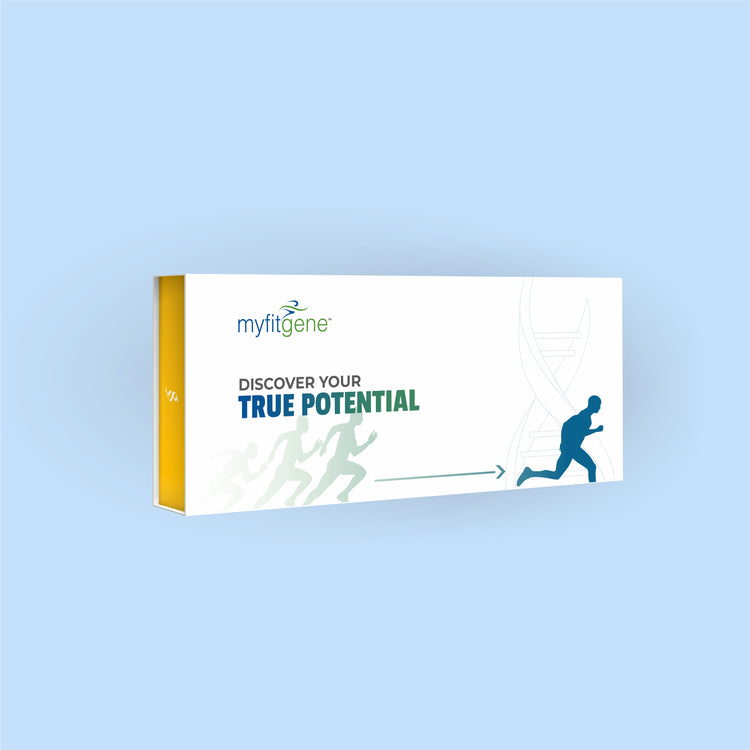Vitamin B5
Vitamin B5 Guide
Vitamin B5, also known as pantothenic acid, is a water-soluble vitamin that plays a critical role in various physiological processes within the body. From supporting energy metabolism to aiding in the synthesis of hormones and cholesterol, vitamin B5 is essential for overall health and well-being. Understanding the impact of gene variants on vitamin B5 metabolism, recognizing signs of deficiency or excess, exploring dietary and supplemental sources, and interesting facts about this vital nutrient can help individuals optimize their vitamin B5 intake and support their health goals.
Impact of Gene Variant
Genetic variations can influence the metabolism and utilization of vitamin B5 in the body. Certain genes involved in pantothenic acid absorption, transport, and activation may exhibit variations that affect individual requirements for vitamin B5. For example, variations in genes encoding pantothenate transporters or pantothenate kinase enzymes may impact the body‘s ability to absorb, transport, and phosphorylate pantothenic acid effectively. Additionally, genetic polymorphisms in genes related to coenzyme A (CoA) synthesis pathways, such as pantothenate kinase (PANK) and CoA synthase, may influence the conversion of pantothenic acid into its active coenzyme form, CoA, which is required for numerous biochemical reactions in the body.
Ways to Recognize Problems
Recognizing signs of vitamin B5 deficiency or excess is essential for identifying potential health issues and addressing nutritional imbalances. Common symptoms of vitamin B5 deficiency (pantothenic acid deficiency) may include:
-
Fatigue and Weakness: Low levels of vitamin B5 can impair energy metabolism and contribute to feelings of fatigue, weakness, and lethargy.
-
Dermatological Symptoms: Pantothenic acid deficiency may manifest as dermatological symptoms such as dry, rough skin, pruritus (itching), and erythema (redness).

